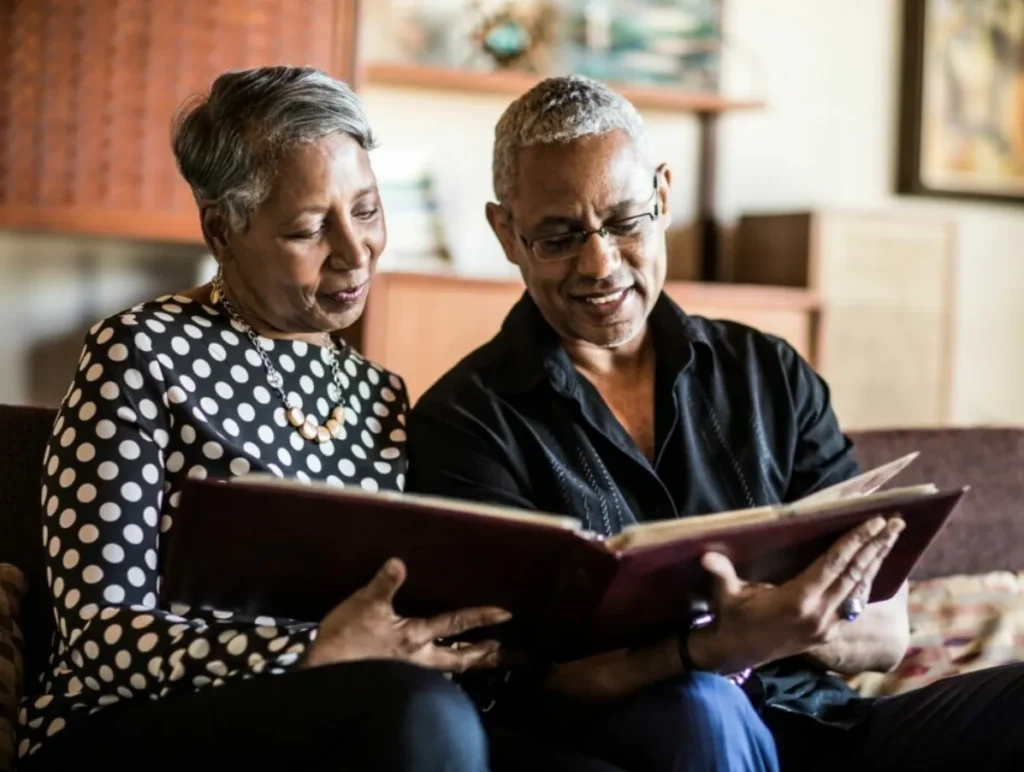Clinical trials play a crucial role in medical advancements. Before enrolling, volunteers should be fully aware of the process, requirements, and commitments involved. Each study follows strict protocols designed to protect participants while collecting accurate data. Failing to understand expectations can lead to unnecessary complications, delays, or even removal from the trial.
Know Before You Sign
Before individuals decide to participate in a clinical study, every volunteer must review and sign an informed consent form. This document outlines potential risks, procedures, and objectives of the trial. The form details the possible side effects and how they will be managed by medical staff. Some studies involve placebo groups, meaning not all participants receive the actual treatment, which should be clarified before signing. Reading it carefully ensures there are no surprises later. Participants can ask questions, and withdrawing from the trial is always an option.
Are You Eligible?
- Not everyone qualifies for every trial.
- Eligibility criteria include age, medical history, and lifestyle factors.
- Some studies require a specific health condition, while others need healthy volunteers as a control group.
- Certain medications, smoking, or alcohol consumption may impact eligibility, making full disclosure essential.
- Pre-screening helps determine suitability, ensuring participant safety and the integrity of the research.
What to Pack
A clinical stay can last anywhere from a few hours to several weeks. Volunteers should bring essentials such as comfortable clothing, personal hygiene products, and any approved medications. Many trials require fasting for blood tests, so bringing a book or entertainment can help pass the time. Some facilities provide meals, but dietary restrictions should be communicated in advance to ensure proper accommodations.
Leave These at Home
Certain items aren’t allowed inside research facilities. Common prohibited items include outside food, unapproved medications, electronic devices with cameras, and anything that could interfere with testing. Some trials restrict caffeine or nicotine due to their potential impact on study results. Bringing unauthorized substances can result in disqualification and potential removal from the research site.
Your Role, Your Rules
Volunteers must follow strict guidelines to ensure accurate data collection. Instructions include when to eat, how much to exercise, and when to take trial medications. Missing a dose or failing to follow specific instructions can compromise the study’s validity. Some trials require participants to remain in a controlled environment, limiting their movement and external interactions.
A Day in the Study
Daily schedules in trials vary based on the study’s design. Some involve frequent blood draws, vital sign monitoring, and supervised meals. Volunteers may be required to stay in a facility for 24-hour monitoring or return at set intervals for follow-ups. Some studies track behavioral responses, requiring participants to complete surveys or perform tasks under observation.
Safety First
- Every trial follows strict safety protocols monitored by trained professionals.
- Medical staff continuously assess volunteers to identify side effects early.
- Some studies require emergency protocols in case of severe reactions, ensuring immediate medical intervention if necessary.
- Participants should report even minor symptoms, as they may provide crucial information about a treatment’s effects.
Getting Paid
Compensation varies based on trial length, procedures involved, and the commitment level required. Payments may be issued after completion or in scheduled increments. Longer studies with frequent testing or overnight stays typically offer higher compensation. Some trials reimburse travel expenses, so volunteers should ask about additional financial support before agreeing to participate.
Before individuals decide to participate in a clinical study, they must know the expectations, follow guidelines, and maintain open communication with researchers to ensure a smooth and beneficial experience. Participants should stay informed about their rights, including the ability to withdraw at any point without penalty.
